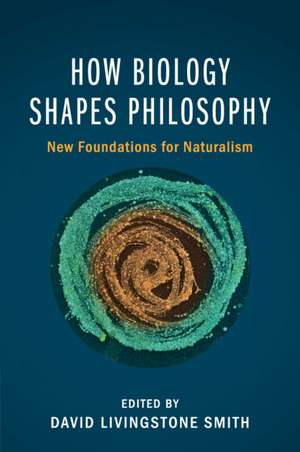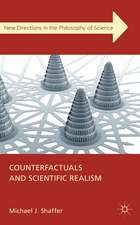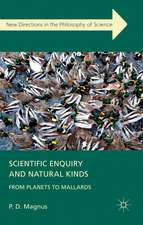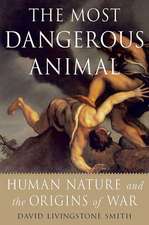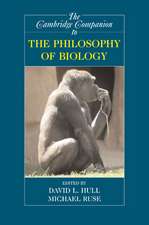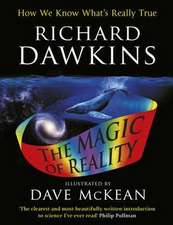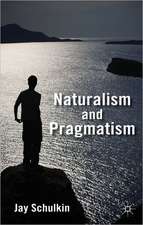How Biology Shapes Philosophy: New Foundations for Naturalism
Editat de David Livingstone Smithen Limba Engleză Paperback – 2 ian 2019
| Toate formatele și edițiile | Preț | Express |
|---|---|---|
| Paperback (1) | 320.75 lei 6-8 săpt. | |
| Cambridge University Press – 2 ian 2019 | 320.75 lei 6-8 săpt. | |
| Hardback (1) | 755.35 lei 6-8 săpt. | |
| Cambridge University Press – 30 noi 2016 | 755.35 lei 6-8 săpt. |
Preț: 320.75 lei
Nou
61.38€ • 63.85$ • 50.68£
Carte tipărită la comandă
Livrare economică 15-29 aprilie
Specificații
ISBN-10: 1107628202
Pagini: 365
Ilustrații: 3 b/w illus.
Dimensiuni: 153 x 230 x 20 mm
Greutate: 0.49 kg
Editura: Cambridge University Press
Colecția Cambridge University Press
Locul publicării:New York, United States
Cuprins
Recenzii
'I was excited to receive and read this book with its stellar cast of contributors. The book is worth the read - many chapters are indeed interesting and informative as standalone pieces and some will prove to be helpful introductions … [It] should serve the profession well as a stimulating and often enthusiastic foray into the overlap between biology and philosophy.' Anton Killin, The Philosophical Quarterly
'… it's a volume that … will surely provide something of interest for nearly every philosophical reader.' Shane N. Glackin, History and Philosophy of the Life Sciences
Descriere
How Biology Shapes Philosophy is a seminal contribution to the emerging field of biophilosophy. It brings together work by philosophers who draw on biology to address traditional and not so traditional philosophical questions and concerns. Thirteen essays by leading figures in the field explore the biological dimensions of ethics, metaphysics, epistemology, gender, semantics, rationality, representation, and consciousness, as well as the misappropriation of biology by philosophers, allowing the reader to critically interrogate the relevance of biology for philosophy. Both rigorous and accessible, the essays illuminate philosophy and help us to acquire a deeper understanding of the human condition. This volume will be of interest to philosophers, biologists, social scientists, and other readers with an interest in bringing science and the humanities together.
